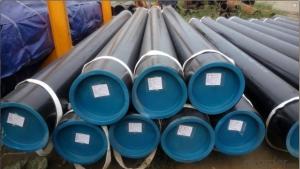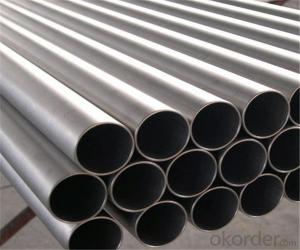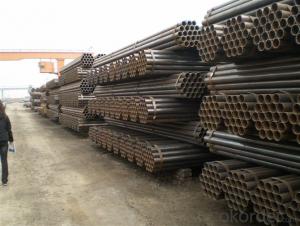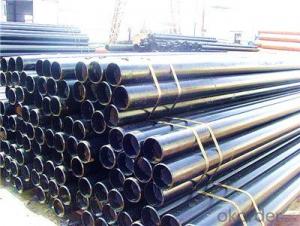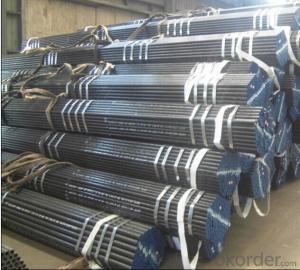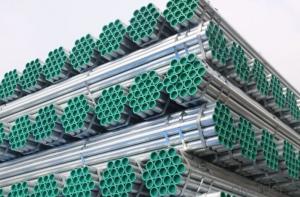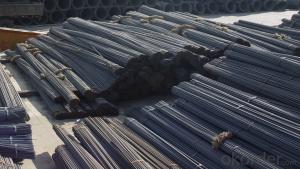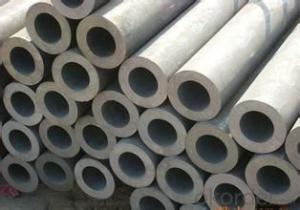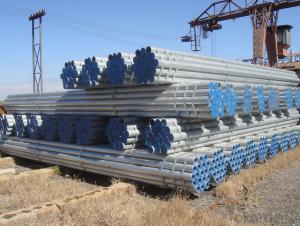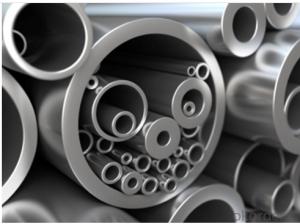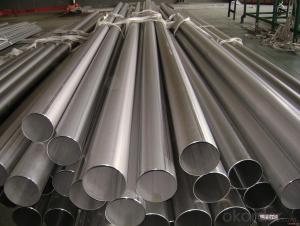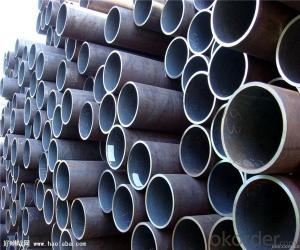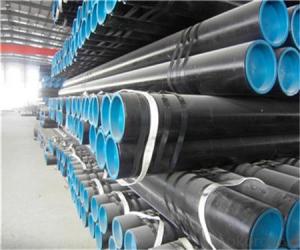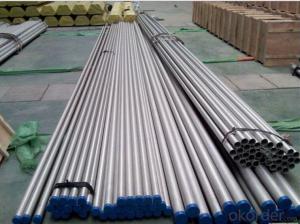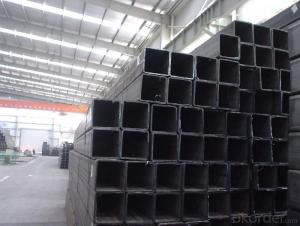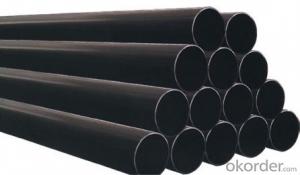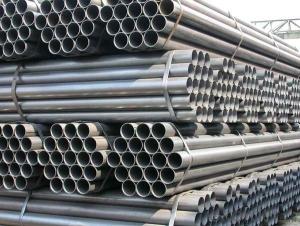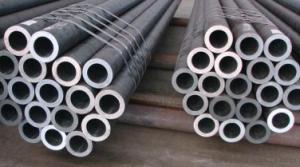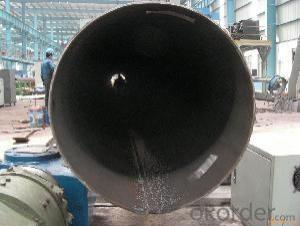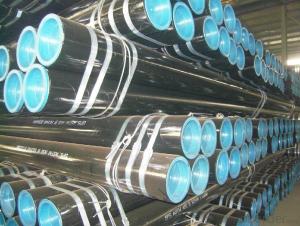All Categories
- - Steel Wire Rod
- - Steel Coils
- - Steel Profiles
- - Steel Pipes
- - Stainless Steel
- - Tinplate
- - Special Steel
- - Steel Sheets
- - Steel Rebars
- - Steel Strips
- - Hot Rolled Steel
- - Cold Rolled Steel
- - Pre-painted Steel
- - Seamless Steel Pipe
- - Welded Steel Pipe
- - Hollow Steel Tubes
- - Galvanized Pipe
- - Stainless Steel Coil
- - Stainless Steel Sheet
- - Stainless Steel Plate
- - Stainless Steel Strips
- - Electrolytic Tinplate Coil
- - Electrolytic Tinplate Sheet
- - Stainless Steel Rebars
- - Solar Panels
- - Solar Water Heater
- - Solar Related Products
- - Solar Inverter
- - Solar Cells
- - Solar Light
- - Solar Energy Systems
- - Solar Controllers
- - Solar Mounting System
- - Solar Pump
- - Solar Chargers
- - Fiberglass Chopped Strand
- - Fiberglass Mesh Cloth
- - Composite Pipes
- - FRP Pultrusion Profiles
- - Fiberglass Mat Tissue
- - Fiberglass Fabrics
- - Fiberglass Mesh
- - Composite Tank
- - Fiberglass Mesh tape
- - Polymer
- - FRP Roofing Panel
- - Fiberglass Roving
- - Monolithic Refractories
- - Ceramic Fiber Products
- - Refractory Bricks
- - Raw Materials For Refractory
- - Suspended Platform
- - Cranes
- - Concrete Machinery
- - Earthmoving Machinery
- - Building Hoist
- - Road Building Machinery
- - Plastic Pipe Fittings
- - Plastic Tubes
- - Plastic Sheets
- - Agricultural Plastic Products
- - Plastic Nets
 All Categories
All Categories
Q & A
Can a welded steel pipe be used for electronics manufacturing facilities?
No, a welded steel pipe is not typically used for electronics manufacturing facilities. These facilities require specialized equipment and materials that are designed to meet strict industry standards, such as ESD (electrostatic discharge) protection. Therefore, materials like stainless steel or certain types of plastics are generally preferred for electronics manufacturing processes.
Can welded steel pipe be used for building pharmaceutical plants?
Yes, welded steel pipe can be used for building pharmaceutical plants. It is a commonly used material in the construction industry due to its durability and strength. However, it is important to consider the specific requirements and regulations of the pharmaceutical industry to ensure that the material meets the necessary standards for cleanliness, hygiene, and resistance to corrosion.
Are welded steel pipes suitable for oil and gas transportation?
Yes, welded steel pipes are suitable for oil and gas transportation. They are commonly used in the industry due to their high strength, durability, and resistance to corrosion. The welding process ensures a strong and seamless connection, making them capable of withstanding high pressure and transporting oil and gas efficiently and safely.
What are the safety precautions to be followed during the installation of welded steel pipes?
During the installation of welded steel pipes, several safety precautions should be followed. Firstly, all personnel involved should wear appropriate personal protective equipment (PPE) such as gloves, safety glasses, and steel-toed boots to protect against potential hazards. Secondly, it is essential to ensure the work area is properly ventilated to prevent the accumulation of hazardous fumes or gases. Additionally, any flammable materials or sources of ignition should be kept away from the installation site to minimize the risk of fire or explosion. It is also crucial to use proper lifting techniques and equipment when handling heavy pipes to avoid strain or injury. Regular inspections of welding equipment and tools should be conducted to ensure they are in good working condition. Lastly, workers should be adequately trained and knowledgeable about safe welding practices to minimize the chances of accidents or injuries during the installation process.
What are the different types of joints used for connecting welded steel pipes?
There are several types of joints commonly used for connecting welded steel pipes, including butt joints, lap joints, tee joints, corner joints, and miter joints. Each type of joint is used in specific applications based on factors such as the pipe diameter, pressure requirements, and structural considerations. Butt joints are the most common type, where the ends of two pipes are aligned and welded together. Lap joints involve overlapping the ends of two pipes and welding them together. Tee joints connect a branch pipe perpendicular to a main pipe, while corner joints connect two pipes at a right angle. Miter joints are used to connect pipes at an angle other than 90 degrees.
Wholesale Welded Steel Pipe from supplier in Serbia
We are a Welded Steel Pipe supplier serving the Serbia, mainly engaged in the sale, quotation, and technical support services of various Welded Steel Pipe products in the Serbia region. We are a subsidiary platform of the Fortune Global 500 company CNBM, able to provide you with one-stop Welded Steel Pipe procurement services in the Serbia. Not only do we have a wide range of Welded Steel Pipe products, but after years of market development in the Serbia, we can also provide valuable experience for your projects.
